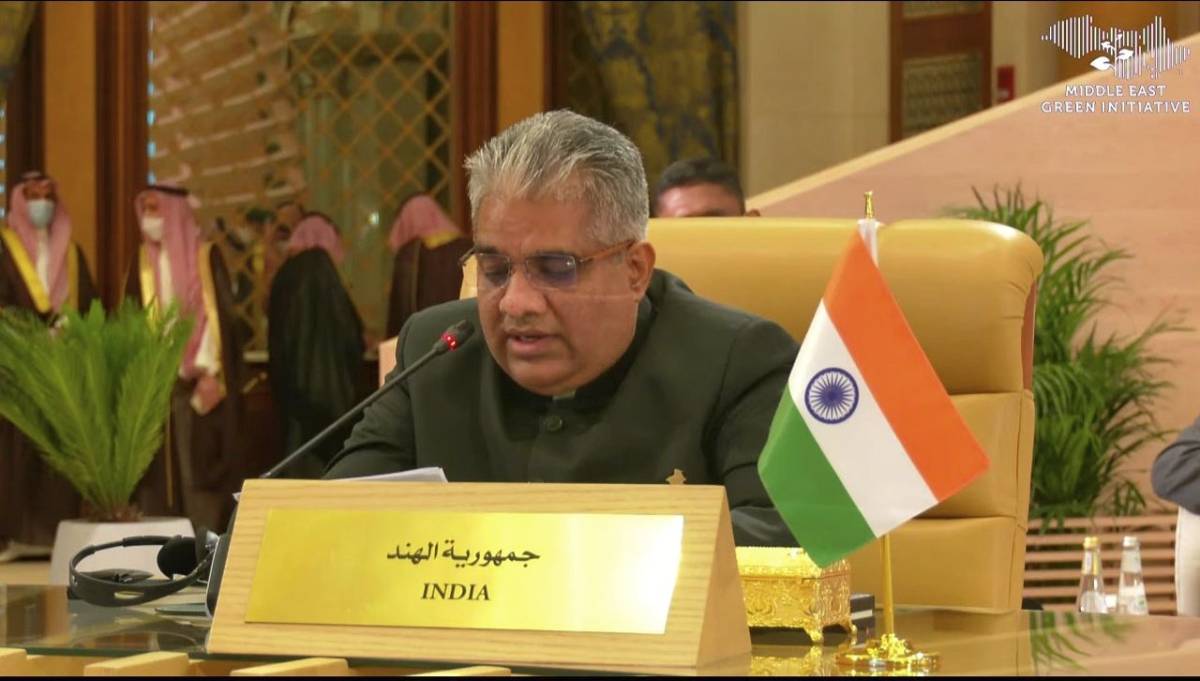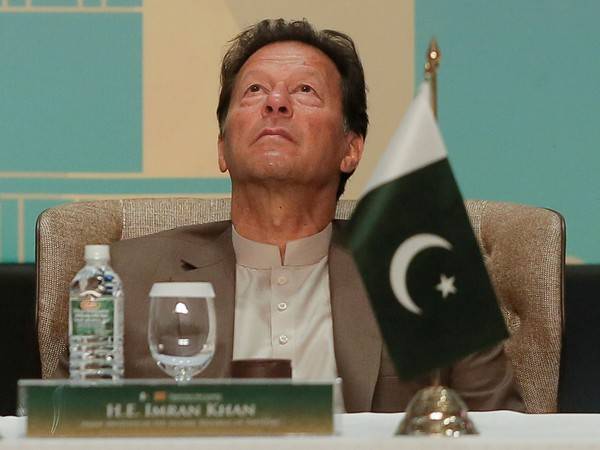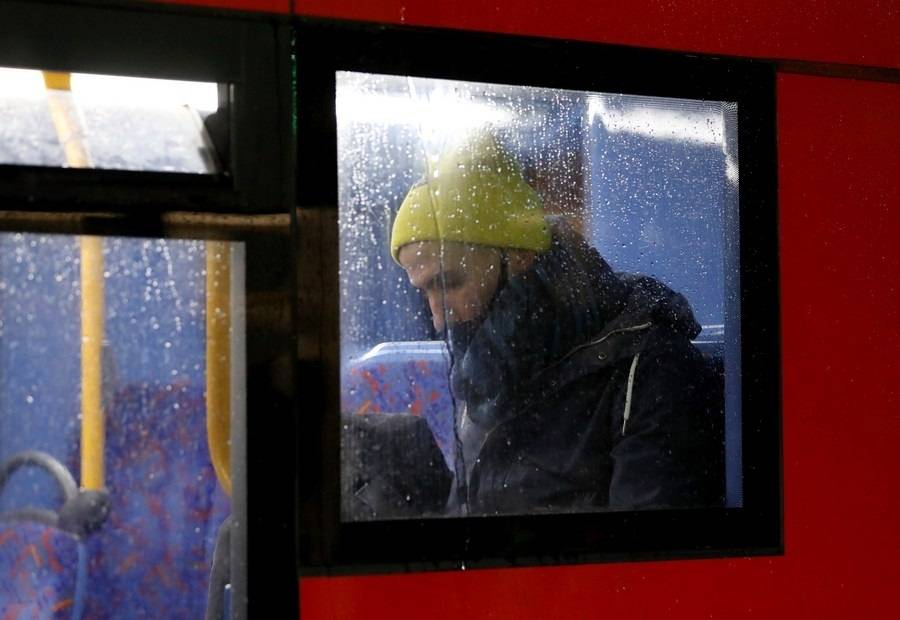It was necessary insertion as the rich nations, the principal polluters and high energy consumers, wanted just the coal to phase out leaving other energy sources in the fossil fuel basket untouched…reports Nivedita Khandekar.
Two global platforms – UNFCCC COP and UNSC – witnessed India’s prowess as not just good negotiators for safeguarding her own interest but also for the global south. In a way, what India has been advocating all along vis-a-vis climate change, came to fruition in November and December 2021.
“Year 2021 saw a steady stream of UN-backed reports reinforcing a stark message: man-made climate change is an urgent and even existential threat to life on Earth. Will the international community’s efforts to tackle the crisis, as seen at the Conference of Parties (COP26) to the United Nations Framework Convention for Climate Conference (UNFCCC), result in meaningful action?” said the UN release on the last day of 2021.
In November, at Glasgow, the UK, the last day of the COP was when India – ably led by Union Minister for Environment, Forests and Climate Change Bhupender Yadav – insisted on the use of the term ‘phase down’ coal instead of ‘phase out’ in the Glasgow Climate Pact that 190 plus nations agreed to.
It was necessary insertion as the rich nations, the principal polluters and high energy consumers, wanted just the coal to phase out leaving other energy sources in the fossil fuel basket untouched. It would have meant that poorer countries that are dependent on coal will have to forsake it at the same time that richer countries do but sans the option of oil and gas as they have.
It is not that India only preached but not practised, unlike much of the western world that may have cleaned up their air but have an energy-intensive lifestyle leading to the highest per capita energy consumption.
Offering a new mantra and raising its pledge for combating climate change, Prime Minister Narendra Modi had announced at the COP26 that India will target a net-zero goal by the year 2070 and aim at increasing its non-fossil fuel energy to 500 GW in its energy mix by 2030.
Terming it as ‘Panchamrut Ki Saugat’ – India’s contribution to climate action called as Nationally Determined Contributions (NDCs), Modi had said, India will reduce its carbon intensity by 45 per cent by 2030 starting with reducing projected carbon emission from now till 2030 by 1 billion tonnes and committed to having renewable energy component of 50 per cent by 2030.
Modi gave a new mantra for sustainable development through sustainable lifestyle, LIFE – ‘Lifestyle for Environment’ which, he said, can be a mass movement wherein instead of mindless and destructive consumption, there should be mindful and deliberate utilization.
The other platform was not regular climate change-related but the prestigious United Nations Security Council (UNSC) were in December, India – with support of Russia and China – shot down a proposal to “Integrating Climate-Related Security Risk into Conflict-Prevention Strategies.”
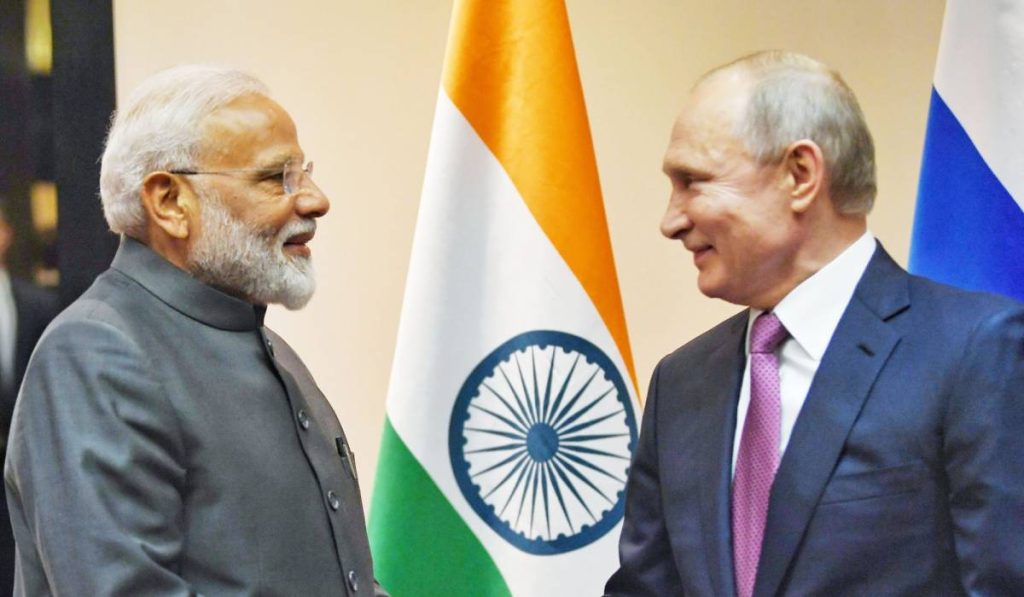
While stressing that India is “second to none” in addressing climate action and climate justice, India stated that the Council is not the place to discuss either issue. “Today’s attempt to link climate with security obfuscates a lack of progress on critical issues under the UNFCC process. The text would constitute a step backward from collective resolve to combat climate change,” India’s permanent representative at the UN had said and also made it clear that “including climate change within the UN Security Council’s mandate would exclude most developing countries from discussions.”
Unlike the UNFCCC – which works on consensus and gives equal weightage to each and every country that is party to it – the UNSC is dominated by rich nations. Therefore, India putting its foot down came as a godsent for the global south – comprising mostly poorer and developing countries from South Asia, Africa and Southern America.
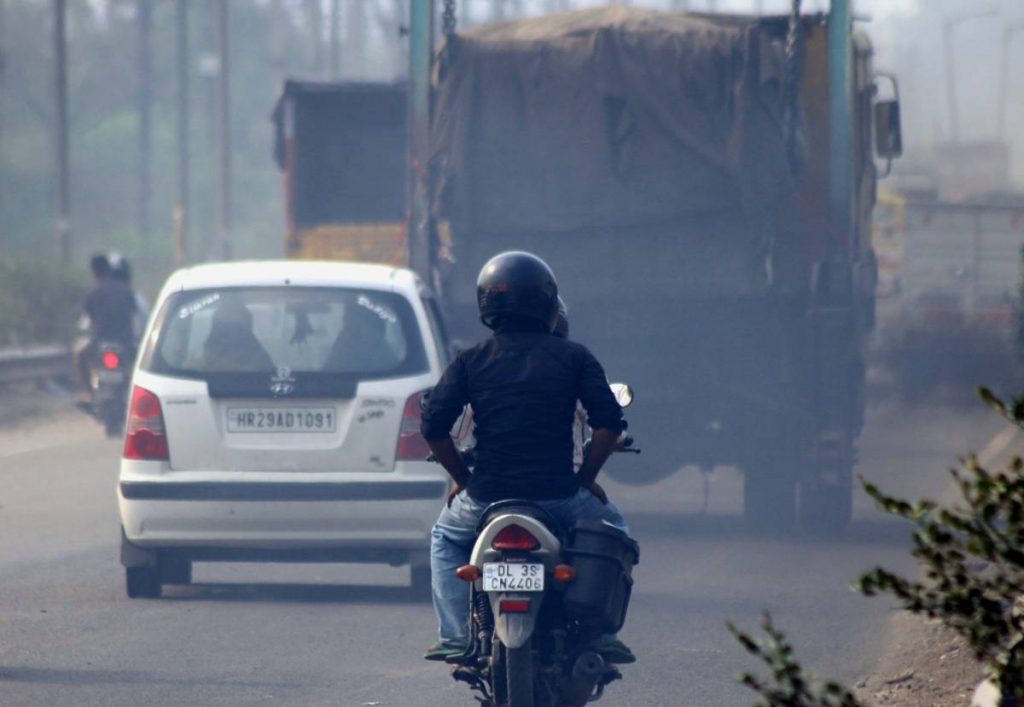
Having done all that, India now has the onus to put into domestic actions whatever it has said on global platforms. Much is left to be done for the poorest of the poor that is inevitably the most vulnerable to the impacts of climate change.
India is committed to green energy as it acknowledges that the solution to climate-related problems is within renewable energy. India has already committed to its expansion. “India will be carrying out the promises that the Prime Minister made at the COP. Our programmes such as railways on renewable energy, cutting down on carbon emission and increasing share of renewables in the energy mix is on track but at the same time we also believe that the developed countries need to enhance climate finance and technology transfer,” Yadav told.
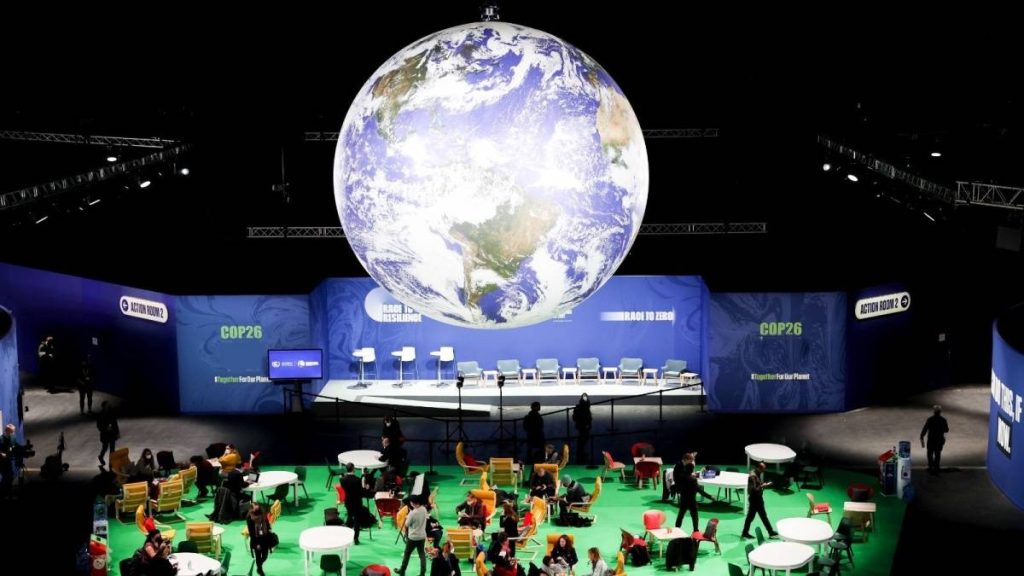
Resilient infrastructure, adaptation, agriculture and afforestation are focus areas with Nagar Vans (City Forests) function as carbon sinks in view of increasing urbanization and outside, maintenance of wetlands/Ramsar Sites in rural areas, increasing forest cover for mitigation are a few others focus areas for the Ministry.
But going beyond this, Yadav brought in clarity on the regular conflict between his Ministry and that of Tribal Affairs as he said, “We believe that we cannot save our forests without public participation. The livelihood of the local community, sustainability of the local flora and fauna and protection of the wildlife are all interdependent, not independent. So, we move ahead with Samagrata (comprehensiveness). Our ideology too believes in Samagrata and not in separatism.”
ALSO READ-Are we serious about Net Zero?

